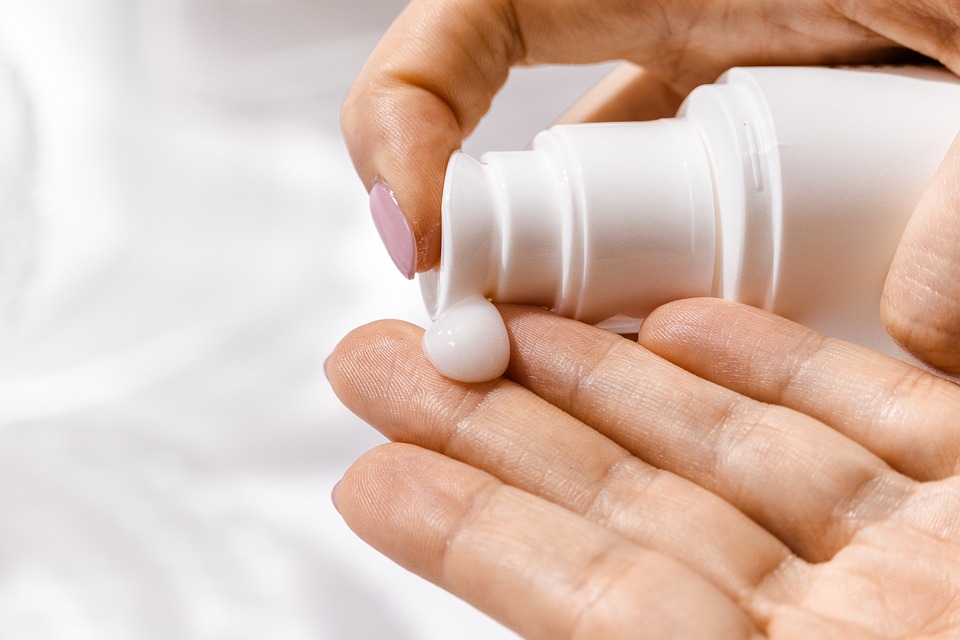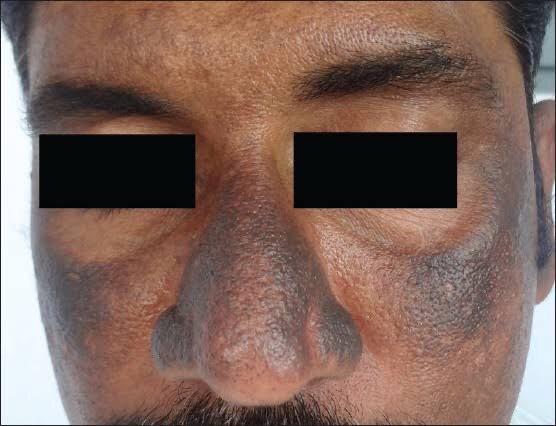
What Is Hydroquinone?
It is a skin-lightening agent or skin bleaching agent used to lighten/bleach skin by decreasing the number of melanocytes (melanin-producing cells) present. Other skin bleaching agents commonly used in skincare products are Steroids and Mercury.
When Should Hydroquinone Be Used?
Hydroquinone should be used when treating different forms of hyperpigmentation, uneven skin tone or preparation for procedures with high tendencies to cause hyperpigmentation especially in Fitzpatrick skin phototypes III – VI.
Unfortunately, people tend to use it to lighten skin in order to achieve lighter skin tones, and this form of skin bleaching is what has given hydroquinone a bad reputation.
This is a prescription ingredient, although, it can be found at lower concentrations/percentages (<2%) over the counter in some countries without stricter regulations.

How Long Should You Use Hydroquinone?
It is best to not use hydroquinone-containing products longer than a treatment requires. However, in longer treatment periods, avoid continuous use for more than 6 months at a time even while undergoing treatment. This is to avoid some of the dangers of long term use such as exogenous ochronosis.
Dangers And Side Effects
Some people may experience temporary mild redness, itching or stinging and dryness/scaling of the skin when they start to use hydroquinone. These symptoms subside over time with continued use. However, some people may develop intense stinging/burning sensation, swellings, discoloration of the skin and patchiness.
Temporary dark staining of the skin may occur when used at the same time as benzoyl peroxide, hydrogen peroxide or other peroxide products. Long-term use of skin bleaching products can also contribute to premature aging of the skin.
*Read: Anti-Aging Skincare
A common skin disorder that may occur after prolonged hydroquinone use in our African setting is Exogenous Ochronosis. This skin disorder is often challenging and expensive to treat. It can also occur following the use of phenols, mercury compounds, benzenes, resorcinol products and systemic antimalarials such as quinine.

How To Treat Hydroquinone Damaged Skin
Despite being challenging, there are ways to treat hydroquinone damaged skin. However, these treatments could take months to years to achieve desired results.
The first step to treating damaged skin from hydroquinone use is to safely discontinue the product and replace with safe skincare products that promote skin healing and rejuvenation.
In addition to the use of safe skincare products, IV antioxidant therapy with glutathione can be used to help rejuvenate the skin and even out hyperpigmented areas still amenable to treatment.
If exogenous ochronosis is present on the skin, multiple sessions of chemical peels and laser treatment for hyperpigmentation (Q-switched NDYAG) would be needed in addition to the skincare products and IV antioxidant therapies.
Some Post Bleaching Repair Skincare Products
If you have damaged skin as a result of skin bleaching or some of the ingredients mentioned above and looking for safe remedies to achieve a healthier skin, we are only a call away!
